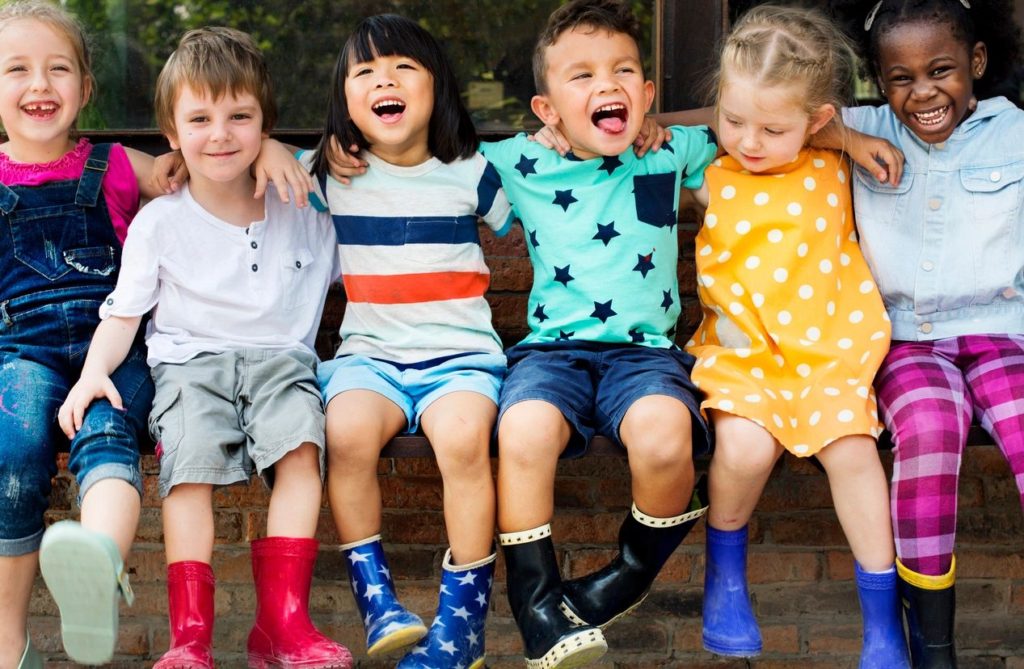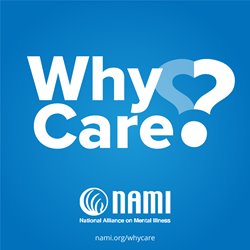Successful kids have parents who do these five things according to Christine DesMarais in Inc Magazine.

drkoyroberts.com
Successful kids have parents who do these five things according to Christine DesMarais in Inc Magazine.

China has implemented an online video game curfew for minors in order to prevent addiction to gaming and to protect their physical and mental health. Game companies cannot let minors younger than age 18 play on their online game networks between 10:00PM and 8:00AM. What are all these kids supposed to do now? Sleep?


Sightseeing, baseball games, Space Needle, Starbucks, seafood and a Sunday marathon to give us an excuse to miss school and work for a trip to Seattle we’ve always wanted to make.
Unfortunately, these appear to be increasing just as we start a new school year. Understandably, there can be additional stress and anxiety your children and teens could be experiencing about mass shootings. The American Psychological Association released a statement for parents with guidelines. Listening to them more than talking at them, avoiding or minimizing news coverage and helping your child manage their “stinking thinking” (negative, irrational self-talk) are most important. Additionally, Today updated and republished an article from 2015 with guidelines based on your child’s age group.

This month marks the 70th year May has been recognized as Mental Health Awareness Month. One in five people will suffer from a clinical mental health disorder in their lifetime. The National Alliance on Mental Illness created a phenomenal campaign “Why Care?” where anyone can help spread the word, bring awareness, partner and participate. Please check out their campaign and share with family, friends and coworkers.

Depression rates among kids ages 14-17 increased by more than 60% between 2009 and 2017 and Suicidality doubled. The report is based on the annual U.S. Department of Health and Human survey of more than 600,000 people. Even to researchers and experts who closely monitor these numbers indicate it’s a major wake up call and suggest we are not supporting our adolescents in developmentally appropriate ways. Most signs point to digital media and smartphones. A substantial amount of research has found associations between heavy technology use and poor mental health.
